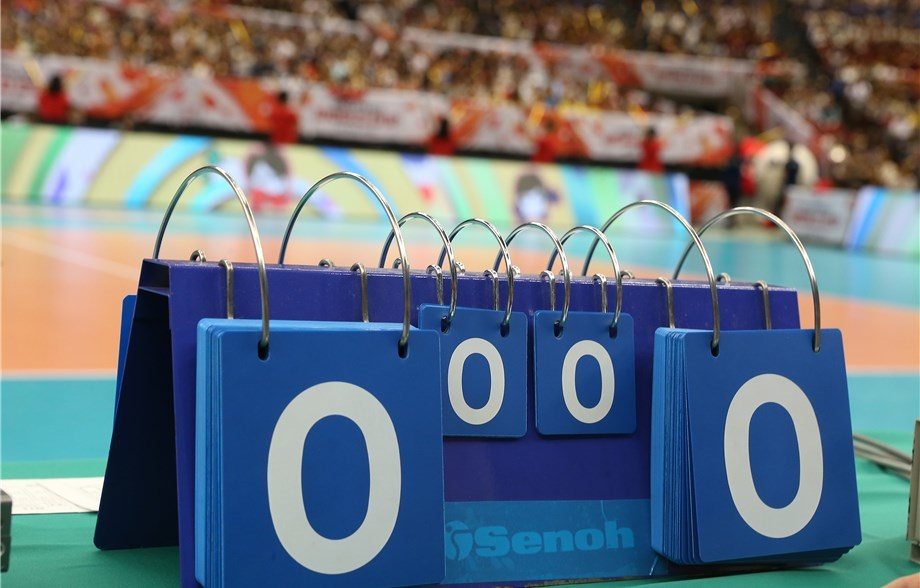MEN’S 2017 U23 WORLD CHAMPIONSHIP
- August 18th-25th
- Cairo, Egypt
- Schedule
- Teams
- Day 1
- Day 2
- Day 3
- Day 4
- Semifinals
- Finals and Bronze Medal
- Event page
By now most fans know that a new scoring system was tested at the 2017 FIVB Men’s U23 World Championship. Matches in Cairo were played to best-of-seven sets with each set to 15 points (with at least a two-point difference needed). In addition to the scoring system, a new serving regulation was tried out, with the server not allowed to land inside the court after a jump service.
As a kid growing up in Brazil in the 90’s, volleyball was the only sport option to watch in television besides soccer. I remember, as I was getting to know the sport, that the side-out-system, which at the time seemed to me too boring to be even remotely acceptable, infuriated me. Therefore, I celebrated the change to the rally system vehemently. Because of this past experience, I should be careful as not to raise fast judgement on FIVB’s proposed rule changes. However, it’s hard not to agree at first with what most coaches at the competition stated. Consider these reactions:
Mexico’s Jose Martell, after his team’s loss to Brazil: “Brazil is a very strong team, we develop day by day and we got a lot of experience from this match, which help us in the next matches. I didn’t like the new scoring system and my team tried to deal with it but we couldn’t.”
Poland’s Daszkiewicz Daiusz, after his team’s win against Cuba: “We are happy because we won our opening match which was very tough. so it’s very important to start the competition like this. There will be no change for the match of tomorrow against Brazil. We already know each other because we played three matches last week. I don’t like the new scoring system !!!“.
Cuba’s Nicolus Ernesto on his team’s loss to Poland: “It was good match. This was the first match for the players with the new system of scoring. I’m satisfied with the performance of the players today and I hope we play better the coming matches. The new scoring system is not comfortable.”
Some of the players seem to agree with their coaches’ opinions. Consider what Russian Captain, Pavel Pankov, had to say about it after his team’s win against Turkey: “We were prepared for the Turkish team. We did our best but it was not an easy match for us. Our problem was the new rules concerning the service, because we have strong service.”
The proposed changes seem to be effective, though, at least for what FIVB intends it to be: shorter games in order to adapt to the demands of big television networks. Argentina swept China in just 45 minutes of play, while Russia swept Algeria and China in only 49 minutes.
Doesn’t this, however, refutes what Sandy Steel, a member of the FIVB Rules of the Game & Refereeing Commission, had to say in defense of the changes?: “The main objective is to have more exciting points, raising the level during each set. Past experience has suggested that this could in fact be true. It may also create an advantage for weaker teams and provide dramatic upsets which should help popularize the sport and attract more media attention.”
We obviously saw that that was not the case in Cairo. Weaker teams got thoroughly overwhelmed, had no time to adapt to its opponents’ tactics, and with 10 points less on each set, couldn’t muster comebacks.
What is Volleymob’s community opinion on the proposed rule changes? Comment below.

Leave a Reply